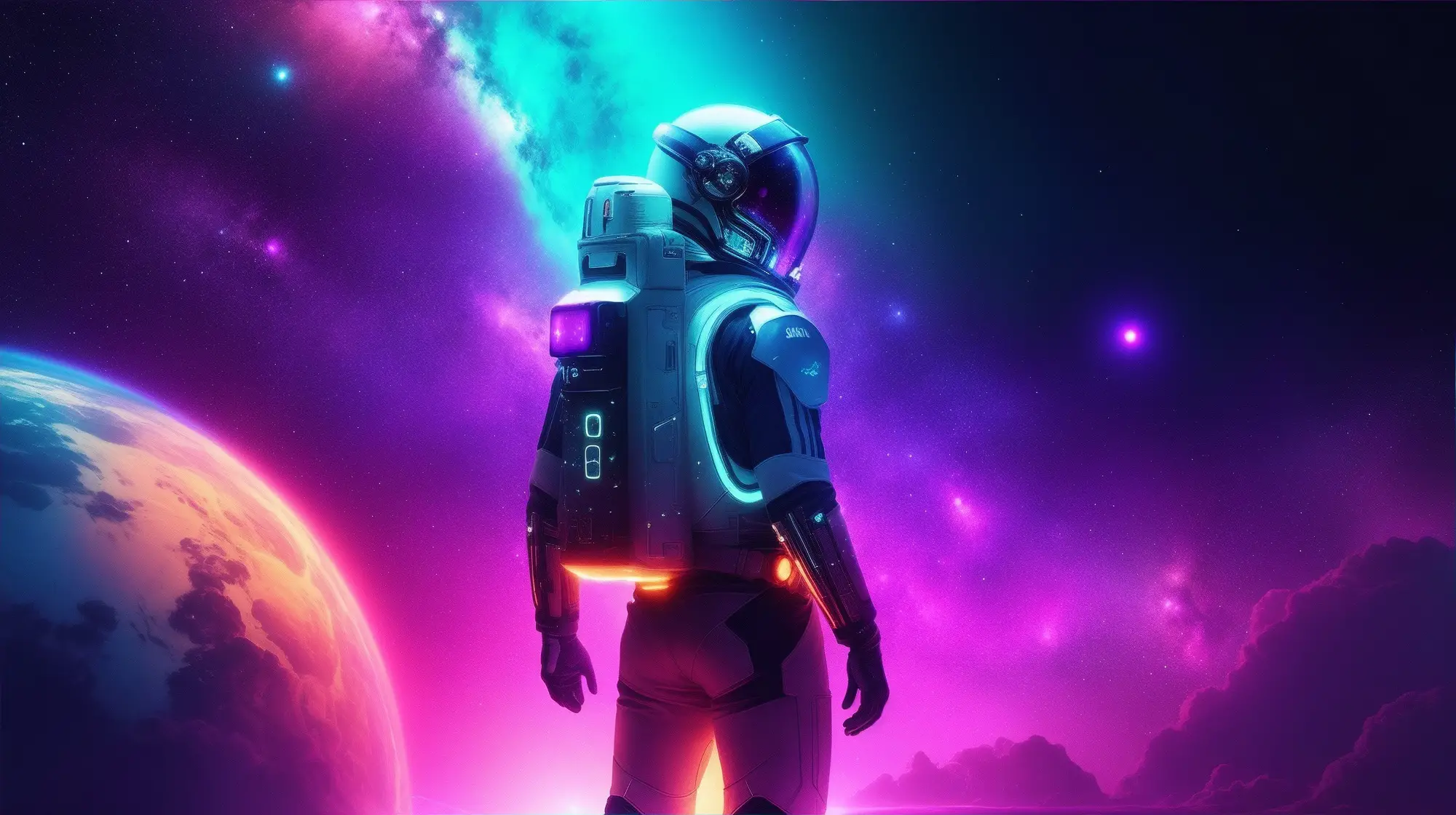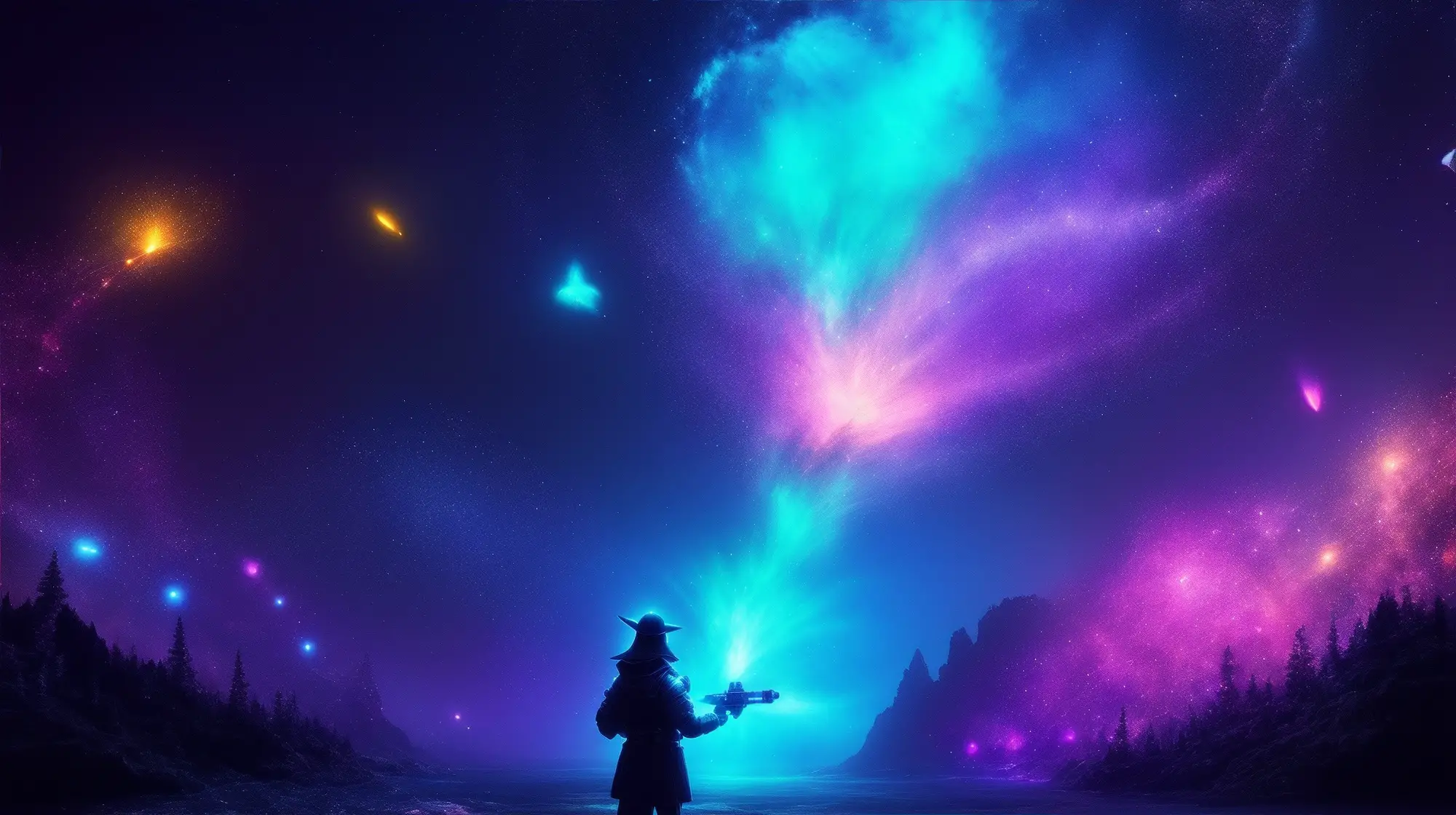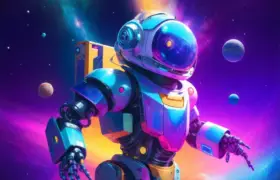Your Ultimate Beginners Guide to Stable Diffusion SDXL 1.0


Are you prepared to enter the thrilling world of Stable Diffusion SDXL? If you’re a beginner looking for in-depth information on Stable Diffusion SDXL, you’ve come to the perfect spot! We’ll walk you through all you need to know about Stable Diffusion SDXL in a straightforward and interesting manner in this tutorial. From fundamentals to complex topics, we’ve got you covered. So, let’s get this party started!
Table of Contents
- Exploring the World of SDXL 1.0
- Capabilities Guide of SDXL 1.0
- Empowering Artists with SDXL 1.0
- Watch Now: Stable Diffusion Crash Course for Beginners
- Conclusion
- FAQs
- More Related Articles
The Stability AI team has taken a remarkable leap forward with the launch of SDXL 1.0, their latest open model iteration. This text-to-image generation model has earned the prestigious title of being the world’s premier open image generation model, surpassing its precursor, SDXL 0.9. Released under the CreativeML OpenRAIL++-M License, SDXL 1.0 has undergone extensive testing against various other models, emerging as the clear favorite.
SDXL 1.0 transcends mere image generation; it’s a veritable artist. It has the uncanny ability to create top-tier images in virtually any artistic style, including the intricate realm of photorealism. The model does not impose any predetermined ‘feel’ on the generated images, granting artists absolute freedom of style. Its prowess lies in rendering vibrant colors with accuracy, boasting superior contrast, lighting, and shadows, all in an impressive native 1024×1024 resolution. The team at Stability AI elaborates:
“Using concise prompts, you can create descriptive images and seamlessly integrate text within images with Stable Diffusion XL.” This model represents a significant leap in image generation capabilities, enhancing image composition and face generation to produce visually stunning and authentically realistic aesthetics.”
Currently in beta on DreamStudio and other leading imaging applications, Stable Diffusion XL, like all other foundational models from Stability AI, will soon be open-sourced for optimal accessibility.
Exploring the World of SDXL 1.0
To delve deeper into the world of Stable Diffusion SDXL 1.0 and to try it out for yourself, explore the following links:
SDXL 1.0 Live on Clipdrop
SDXL 1.0 Weights and Source Code on Stability AI GitHub Page
SDXL 1.0 API on Stability AI Platform
SDXL 1.0 on AWS Sagemaker and AWS Bedrock
Live Testing of SDXL Models on Stable Foundation Discord
SDXL 1.0 is Available for AI Art Generation on DreamStudio
Capabilities Guide of SDXL 1.0
SDXL 1.0’s capabilities extend to generating complex concepts that have traditionally challenged image models. For instance, it can depict intricate scenarios like a cosmic astronaut seeing the collision of galaxies, each element spatially arranged with remarkable accuracy.
To ensure users harness SDXL 1.0 to its fullest potential, a comprehensive video guide has been crafted by Lin Zhang, a software engineer at Salesforce and a Free Code Camp team member. This guide emphasizes practical application over technical intricacies, guiding users through utilizing stable diffusion for creating art and images.
The guide includes setting up stable diffusion locally, training your own model for specific characters or artistic styles, using control net (a popular stable diffusion plugin), and utilizing stable diffusion’s API endpoint. It also presents alternatives for those without GPU access, including running stable diffusion on free online platforms with certain limitations.
Empowering Artists with SDXL 1.0

The user-friendliness of the SDXL 1.0 model is remarkable. It can create intricate, detailed, and aesthetically pleasing images with just a few words. No longer must users resort to terms like “masterpiece” to yield high-quality results. The model distinguishes between concepts like “The Red Square” (a renowned location) and a “red square” (a geometric shape).
The architecture of the SDXL 1.0 model is built on innovation, comprising a 3.5B parameter base model and a 6.6B parameter refiner. This two-stage structure balances image generation robustness with speed, all without excessive computational demands. It operates effectively on consumer GPUs with 8GB VRAM or readily available cloud instances.
Watch Now: Stable Diffusion Crash Course for Beginners
Conclusion
The SDXL 1.0 model from Stability AI represents a monumental leap in the realms of AI art and image creation. With its exceptional capabilities, user-friendly interface, and this comprehensive guide, it serves as an invaluable tool for novices and experienced artists alike. Moreover, the model is primed for fine-tuning with custom data, and the Stability AI team is diligently crafting the next generation of task-specific structures, styles, and composition controls for SDXL. Although these features are currently in beta preview, stay tuned for updates on fine-tuning and more guides covering the realm of artificial intelligence and AI tools.
FAQs
-
Is Stable Diffusion SDXL 1.0 suitable for beginners?
bsolutely! Stable Diffusion SDXL 1.0 is designed with beginners in mind. Its user-friendly interface and comprehensive guides make it accessible and approachable for those new to AI art generation.
-
Can I fine-tune the SDXL 1.0 model for specific styles or concepts?
Yes, you can! SDXL 1.0 offers the capability for fine-tuning with custom data. This means you can tailor the model’s output to match specific artistic styles or concepts that you’re interested in exploring.
-
How does SDXL 1.0 handle complex scenarios or compositions?
SDXL 1.0 excels at generating intricate and spatially arranged compositions, even in scenarios that are traditionally challenging for image models. Its capabilities extend to accurately rendering complex scenes, such as depicting interactions between multiple elements with impressive accuracy.





